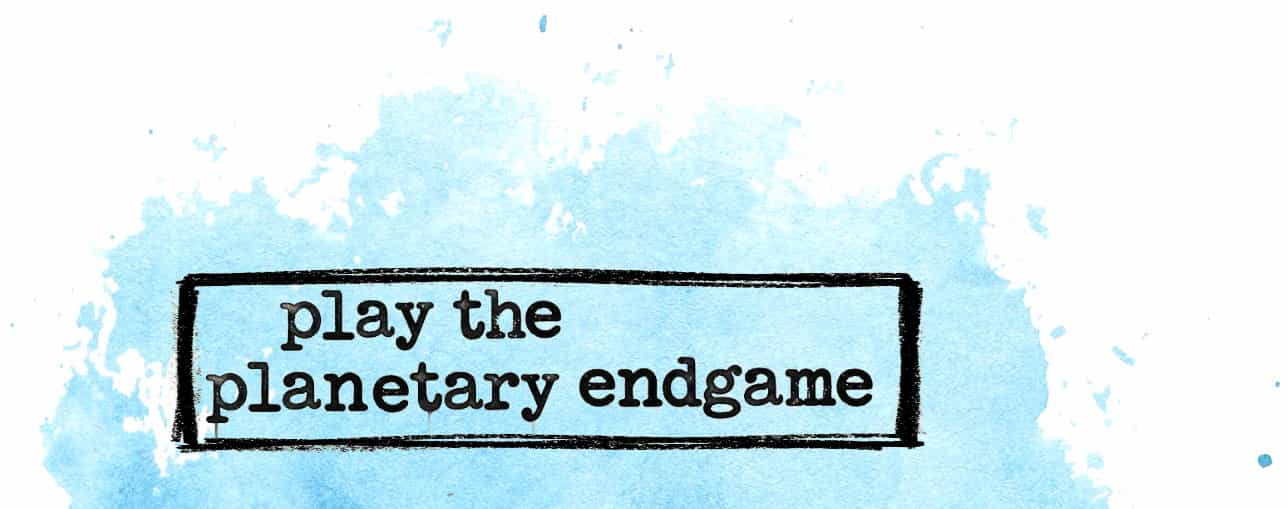The Rise and Fall of the Dinosaurs: The Untold Story of a Lost World

65 million years ago
‘It was a bad time to be alive,’ Steve Brusatte tells us. A comet or asteroid about six miles across had just collided with the Earth, in the area we know as the Yucatán Peninsula in Mexico. The speed of its arrival compressed the atmosphere ahead of it with such force that air temperatures became hotter than the surface of the sun; the energy released on impact was equivalent to a billion atomic bombs. It smashed through 25 miles of the Earth’s crust, plunging down into the mantle below, leaving a crater a hundred miles wide. Identified in 1991, it has been named the Chicxulub Crater, after the nearest town.
The shockwaves generated global earthquakes of immense magnitude. What had been solid ground rippled and bounced like liquid for thousands of miles. Vast volcanic eruptions were triggered, and giant tsunamis surged across the oceans and far inland. Winds of six hundred miles an hour howled across the planet, and the molten rock thrown up into the atmosphere by the impact rained down in a hail of hot glassy blobs and spears, heating the air as it fell until the forests ignited and living things cooked.
All this within the first two hours or so.
Soot, dust and smoke filled the atmosphere, eclipsing the sun, and for years afterwards the Earth was cold, dark and bathed in acid rain. This ‘nuclear winter’ was sufficiently severe and long-lasting to halt photosynthesis on land and in the oceans, causing the collapse of those ecosystems that had survived the initial cataclysm. Some 70 per cent of living species were eliminated.
— Steve Brusatte, The Rise and Fall of the Dinosaurs: The Untold Story of a Lost World
Join the Third Force Collective to access our revolutionary briefings.
This isn't a paywall. You can close it if you just want to read the article below it. But our aim is to win the planetary endgame — we want to catalyze a moment of truth, a stunning reversal of perspective from which corpo-consumerist forces never fully recover. For that we need you.






